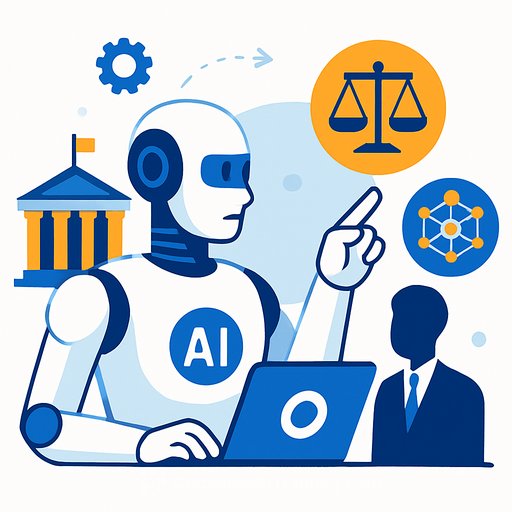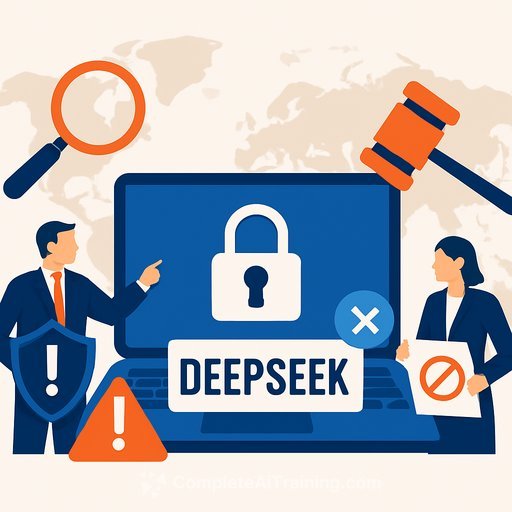DeepSeek: A Landmark in AI Development
June 10, 2025 | Beijing
DeepSeek, a large language model developed in China, marks a significant milestone in artificial intelligence. Its introduction challenges the existing technological landscape and offers advanced AI capabilities accessible worldwide.
Unlike previous AI models that demanded extensive computational power and cost, DeepSeek combines high performance with accessibility. Being open-source, it reduces barriers to entry, encourages healthy competition, and opens avenues across various sectors, including government operations.
AI in Government: Efficiency Gains and Transparency
In Shenzhen, authorities have deployed 70 AI-powered "civil servants" across government departments. These systems assist with drafting official documents, responding to public inquiries, detecting legal violations, and creating contingency plans. Tasks that once consumed days are now completed within minutes.
This boost in productivity has lowered operational costs and enhanced transparency. AI algorithms catch errors and oversights that often go unnoticed by humans, improving accuracy in public administration.
For example, a team of young engineers in the United States, led by Elon Musk, uncovered a glaring error in welfare records—a 300-year-old "recipient" still receiving benefits. Such anomalies, previously missed by manual audits, are now flagged instantly by AI, paving the way for more equitable and agile public services.
Personalized Governance Through AI
Traditional government services often rely on standardized procedures and slow processes. DeepSeek and similar AI models enable a shift toward personalized governance. Citizens could have AI assistants linked to government systems, reducing paperwork and wait times.
Imagine applying for a housing loan without submitting endless documents. Your personal AI securely communicates with government AI, enabling near-instant decisions. This move away from one-size-fits-all administration towards customized digital services could transform public service delivery.
Balancing AI Advancements with Human Oversight
Experts predict AI will surpass individual human intelligence by 2026 and exceed collective human intelligence by 2029. Despite this, human roles remain essential. AI will likely reduce public workforce size but cannot replace supervisors, ethical stewards, and decision-makers in complex situations.
For instance, AI can monitor and optimize public spending in real time, but human committees must ensure these decisions align with ethical standards and do not harm vulnerable communities. Trust in AI-enabled governance depends on transparency and strong regulatory frameworks.
Governments should establish ethics committees to audit AI systems and update regulations accordingly. These steps are critical to maintaining public confidence.
Addressing Social Impact and Job Displacement
As AI takes over many civil service roles, concerns about job displacement will rise. Questions about individual usefulness in an AI-driven workplace will become common. To prevent social unrest, governments must invest in mental health support, retraining programs, and welfare.
Short-term measures will maintain stability, while long-term gains from AI efficiency could free resources for education, healthcare, and social protection.
The Path Forward for AI in Government
Just as the internet democratized access to information, AI in public governance promises fairer resource distribution and new ways to unlock human potential. This isn’t merely about automating tasks—it’s about reshaping government service delivery.
Success depends on balancing efficiency with ethics, innovation with inclusion. With thoughtful implementation, an AI-powered state can meet citizens' needs more fairly and swiftly.
For government professionals interested in exploring AI applications and expanding their skills, comprehensive training resources are available. Visit Complete AI Training - Courses by Job for tailored courses designed to support public sector roles.
Your membership also unlocks:





